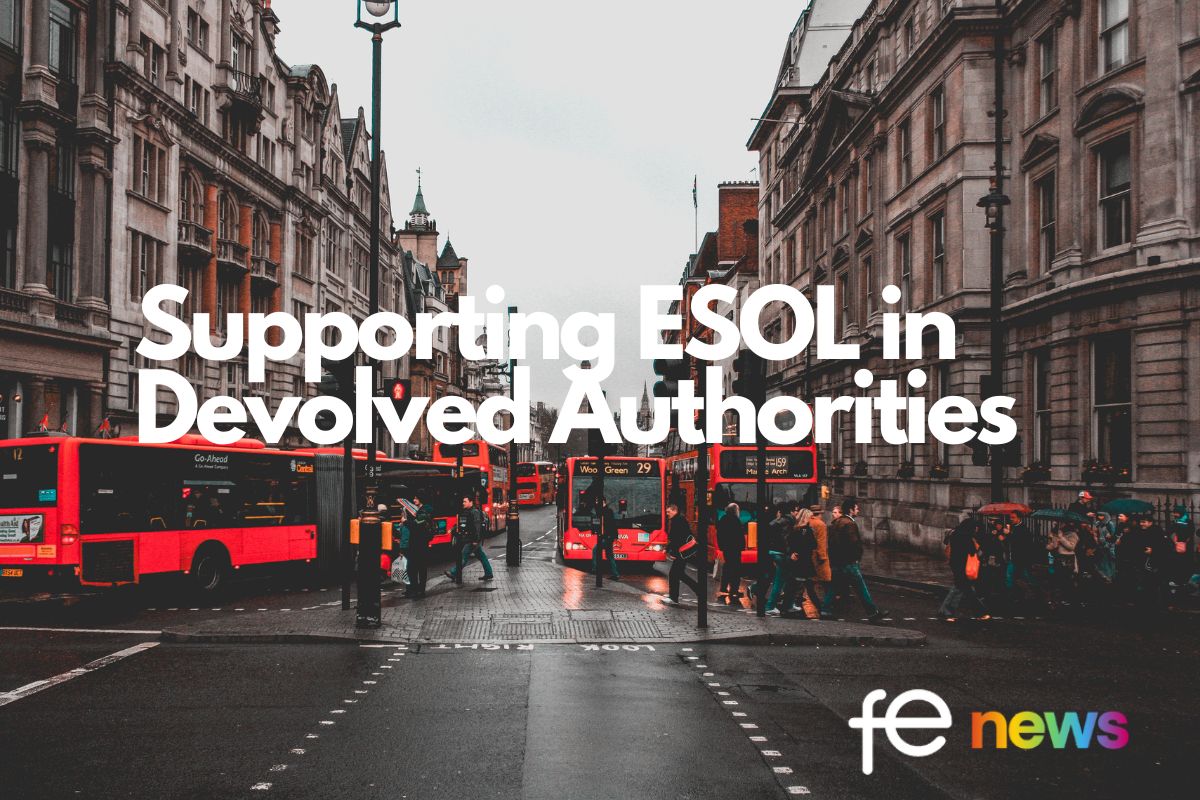The UK Shared Prosperity Fund – Still no plan to replace European funding for the employment and skills sector once Britain leaves the EU

#SharingProsperityUK so Britain can achieve its post #Brexit potential by providing support to those who need it most
With the general election just a day away, this country’s employment and skills sector remains unsure about the future.
By December next year, thousands of projects run by organisations across the UK helping all jobseekers, and those furthest from the labour market into work, could close their doors if replacement for European funding isn’t allocated.
Employment support has received European funding since the mid-1980s. The current funding round 2014-20 has already supported over 1 million job seekers into work, helping to put a significant dent in government figures.
However, what we are now seeing is this work in jeopardy, as there is still no plan as to what will replace this funding if Britain leaves the EU and can no longer access this money.
ERSA is at the forefront of the campaign for replacement funding. At the end of November, ERSA released our report entitled Sharing Prosperity: Building Better Employment Support for the UK which looked at the benefits of ESF and contains evidence and case studies from over ten of our members – including the two report sponsors Shaw Trust and The Salvation Army.
The report also lays out the five commitments that ERSA is calling for whichever party is in government
- New funding schemes so that Britain can achieve its post-Brexit potential by providing support to those who need it most
- Funding for the employment and skills sector should be ringfenced and not fall below the levels the sector would have received from ESF – if devolution is furthered then the money the nation or region received should be maintained
- No funding gap between the end of ESF and the start of the new scheme to ensure that there is no permanent or temporary loss of support to learners and jobseekers
- The new fund must be more flexible and less bureaucratic to make sure that as broad a range of expert providers can access the pot
- Integration with other streams so that organisations can more effectively support people more effectively
These five commitments must be met so that the we can ensure the stability of services provided to some of the UK’s most vulnerable people. Without this funding employment support projects will close, people will remain without employment, training or education, and the UK will be in a much worse state.
We need help in this campaign to make sure that the next government and the next parliament support Britain’s job seekers. With the launch of our #SharingProsperityUK campaign at our conference in London, we also launched our fighting fund.
This fund will be used to make sure the government works for Britain’s jobseekers, it will enable us to deliver the message and put evidence in front of decision makers, to carry out research and produce more reports advocating for an improved plan for funding for the sector, it will help us to bring employment and skills to the front of a post-Brexit plan, and it will allow us to win the argument as to why our sector cannot be forgotten.
Elizabeth Taylor is the CEO of the Employment Related Services Association (ERSA)
£3bn UK Shared Prosperity Fund: Charities and businesses urge funding from cash boost for places: After Boris Johnson began his first week in office pledging over £3bn of investment in infrastructure and regeneration projects, today 100 Chief Executives… https://t.co/HIAaRzNPNC pic.twitter.com/aftB25Ii8U
— FE News (@FENews) July 31, 2019











Responses